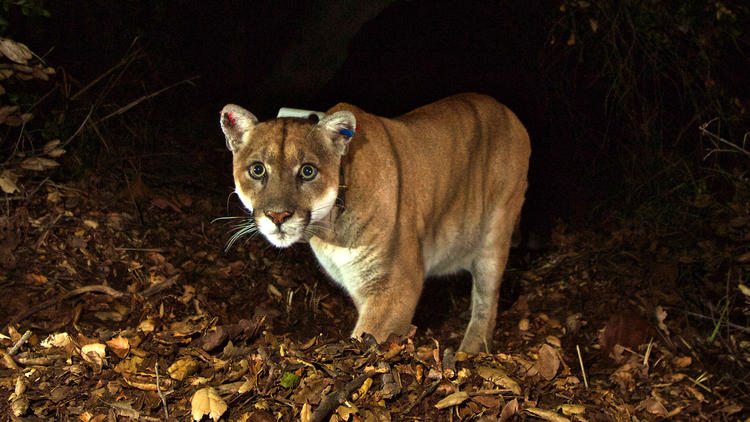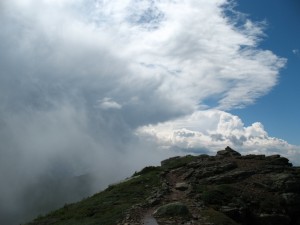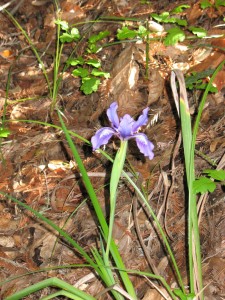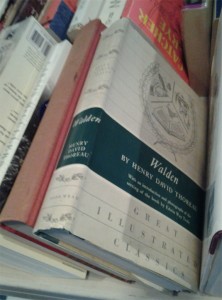Said as the French do – ah’ton’cion – P-22 is back in the news.
Forgive me my ongoing fascination with Los Angelinos’ ongoing fascination with mountain lion P-22, who recently turned up tucked in under the deck of a house. As ever with this celebrity feline, this was big news – type P-22 into your search engine for a gander at it.
As the only known successful migrant across a broad freeway, P-22 has come to represent the way the wild insists, even when it arrives at the edge of a wide asphalt river full of people intent on being there… now. And our media attention to him has come to represent – well, what does it say about us and our relations with the wild?
Even as we hem the wild in, and point our various inventions its way, we crave its return. That verb, crave, is intentional. It represents the deep linkage we have with wildness, a current that runs within our bodies at levels far deeper than our Platte-like rational rivers. We would howl (or snarl) at much we encounter daily – the many others who crowd our lives, their presence constant in our peripheral awareness, and, other times, in our faces.
So, when an apex example of that wild shows up under a deck from which we like, perhaps, to contemplate life, the symbolism is irresistible – not far away, ready to emerge from the shadows is a toothy part of self intent on hunting the day; the remnant hairs on our necks and backs rise.
It is a long amble from lion to apple (another recent fascination), but lions had been chased so far from New England in Thoreau’s day, that an apple will have to do as stand-in. And, because it is walking season (every season is, of course, but spring invites more), Easterbrooks Country (Estabrook Woods, today) seems the right destination. If a lion were to be anywhere in the Concord area, Estabrook would welcome it. Here then is Henry Thoreau in his essay Wild Apples:
Some soils, like a rocky tract of the Easterbrooks Country in my neighborhood, are so suited to the apple, that it will grow faster in them without any care, or if only the ground is broken up once a year, than it will in many places with any amount of care. The owners of this tract allow that the soil is excellent for fruit, but they say that it is so rocky that they have not patience to plough it, and that, together with the distance, is the reason why it is not cultivated. There are, or were recently, extensive orchards there standing without order. Nay, they spring up wild and bear well there in the midst of pines, birches, maples, and oaks. I am often surprised to see rising amid these trees the rounded tops of apple- trees glowing with red or yellow fruit, in harmony with the autumnal
tints of the forest.
Fruit of such wildness rising seems a constant yearning for all of us, even as we might shy from having a feline version right beneath us.




